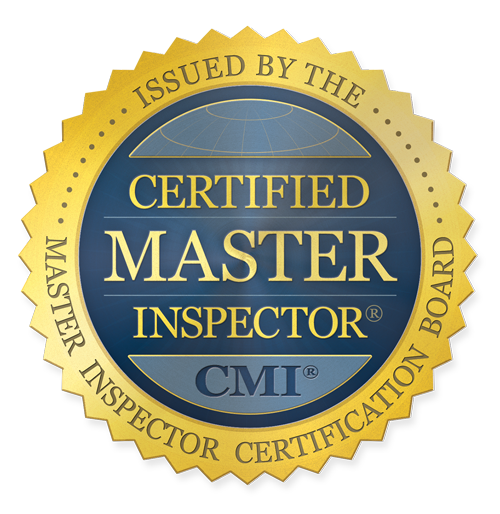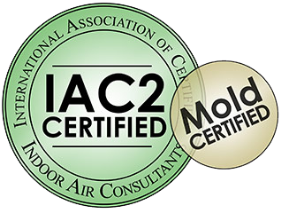The exterior of a home—the roof in particular—is just as important as the interior. So are the siding, chimney/ventilation penetrations, foundation, and grading.
As a result, no full home inspection is complete without a good look at the exterior. Here are a few areas the inspector is interested in on the outside of your home.
Full Home Inspections Are Best for Exterior Assessments
Before discussing what we look at regarding the exterior of a home, it’s important to distinguish between a 4 point inspection and a full home inspection.
- 4 Point Inspection: A 4 point inspection is typically requested by an insurance provider to evaluate the roof, HVAC, electrical, and plumbing systems. However, this inspection does not provide a comprehensive overview of a home’s exterior features or condition.
- Full-Home Inspection: If you’re about to purchase a home or are interested in getting a benchmark for your current home’s condition from top to bottom, inside out, you’ll need to schedule a full home inspection.
After you contact us to schedule a home inspection, we’ll get you on the calendar within three business days or less. During that inspection, we’ll evaluate:
The Roof
During inspectionof the roof, we determine:
- Are there missing, damaged, or old shingles? If so, they should be replaced as soon as possible, OR the issues may indicate it’s time for a full roof replacement.
- Is the roof free of debris?
- Are there any signs of water damage or mold?
- What’s the condition of the gutters/downspouts?
- Is there visible corrosion, weathering, or repair-worthy issues in other parts of the roof anatomy?
The lifespan of the shingles depends on the type, but it’s typically somewhere between 15 and 30 years. If your roof is 15 years old or more, the home may not be insurable.
Windows And Doors
Between higher energy costs and the potential for leaks, damaged or poorly sealed openings can be a tremendous source of money waste via excessive energy bills, leak repairs, moisture issues, and so on.
When inspecting the windows, your inspector will check for damaged caulking, signs of leakage, and potential wood rot. They’ll do the same for the doors. If there are any other points of entry, such as cellar doors, they will also check those.
The Foundation
While inspecting the foundation, your inspector will look for stress cracks, gaps in door and window frames, and leaning walls. The level of the grading near your foundation is also important. Ideally, the ground near your foundation should be subtly sloping down and away from your home. This allows water to flow and pool to an area with a lower elevation.
Grading and drainage issues are some of the most common items we find – especially in homes that are 30 years old or older. In homes with poor grading, water builds up around the foundation, eventually causing structural damage.
Gutters And Downspouts
Gutters and downspouts are essential parts of a home’s roof and drainage system. Overfull or damaged gutters can cause major issues, such as leaks and foundation damage. In some cases, simple gutter cleaning and maintenance may fix the issues. However, most damaged gutters and downspouts require replacement, which can be done when the roof is repaired/replaced.
Siding & Other Exterior Features
We’ll also note any issues we see with the siding, external penetrations, or evidence of pest damage, moisture issues (mold/mildew), or structural rot.
Schedule A Home & Exterior Inspection with SIP
Super Inspection Pros is an InterNACHI-certified inspector with decades of experience serving Central Florida with efficient yet thorough home inspections. Your home is one of the most important — and expensive — investments you’ll make. Scheduling a home inspection is the best way to get an objective, professional assessment of the exterior and interior of the home.
Our final inspection report is provided within 24-hours from the time the inspection is complete, providing all of the information you need to make an informed decision.

